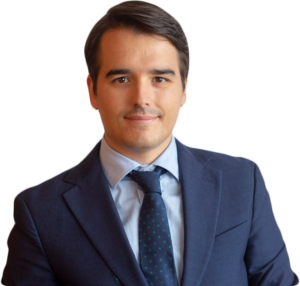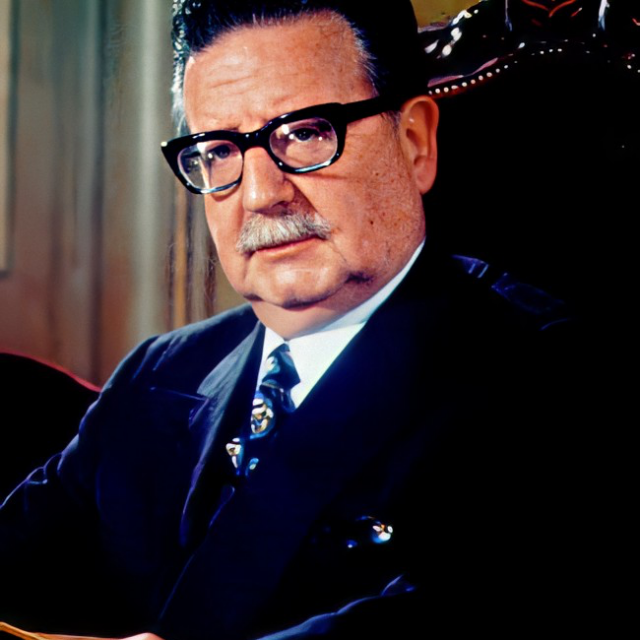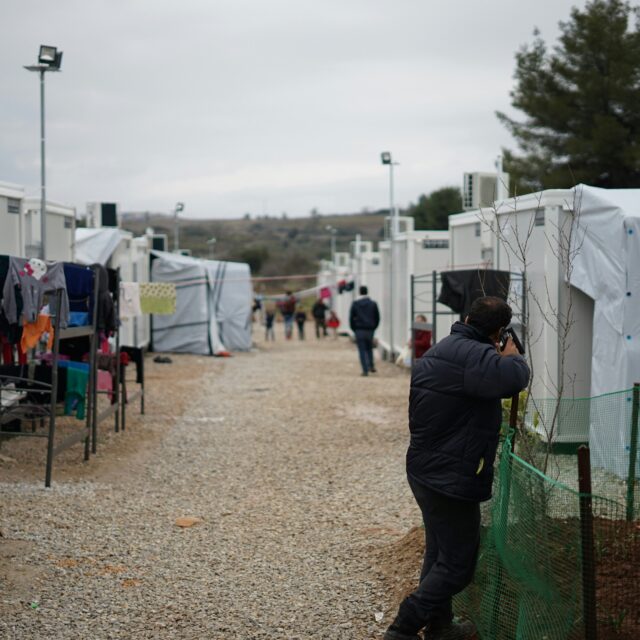Photo by Paula Porto on Unsplash
The violent protests that Chile experienced between October 2019 and March 2020 led to more than 8,800 police arrests and nearly 3,400 people hospitalised, as well as more than 30 dead. The government of Sebastián Piñera reacted in desperation, proposing a plebiscite in which 78% of voters were in favour of approving a new constitution, as demanded by the most radical left-wing forces, writes Diego Sanchez De La Cruz.
In March 2022, the presidential elections culminated in the victory of the socialist Gabriel Boric, which seemed to bring Chile closer to the definitive demolition of its liberal model. However, the new constitution unnerved an electorate that moved back to the centre and, in a vote in September 2022, overwhelmingly rejected the Magna Carta designed by a very left-leaning constituent assembly. As early as December 2023, a new reform proposal drafted by a new council with a right-wing majority was put to the polls. This new document was rejected by 56 per cent of voters, bringing the whole constitutional reform effort to a definitive standstill.
Since then, President Gabriel Boric’s credibility has come into question, to the extent that his government’s disapproval levels have now reached 65%. In addition to institutional instability, poor economic performance has been a key feature of the current period of government: the GDP growth rate achieved in 2023 was a mere 0.2%, far from the 5-6% levels which Chile used to show.
The Muñoz case and the mess in the Supreme Court
In the midst of all this controversy, the opening of a judicial investigation has shaken the South American country with a corruption scandal that has shocked Chilean citizens in recent months. Namely, the arrest of the chief of police investigation, Sergio Muñoz, who was apprehended and stands accused of possible corruption offences for revealing sensitive information to the lawyer Luis Hermosilla, who himself still remains the subject of investigation.
According to published information, up to 12 judicial investigations may have been compromised, including some involving former president Piñera, who died in a tragic plane crash last February. One of the scandals hitting Muñoz is linked to the granting of gambling licences to the ‘Enjoy’ chain of casinos and resorts.
A reported 50% of the company’s debt was in the hands of Moneda Patria Investments, a company to which Piñera is said to have delegated management of the trust and to which he reportedly transferred his large assets in order to become president of the country.
A day before Enjoy was forced to offer guarantees worth $100m to continue operating, the Piñera government approved a decree that, it is further claimed, did not have the approval of the intervention and which, by extending Enjoy’s licences, prevented the company from going bankrupt. Moneda Patria Investments allegedly benefited from this government decision, as the company’s stock price rose substantially after the decree was approved.
In July 2023 the court refused to continue investigating the matter, but this controversial decision could now be altered as a result of Muñoz’s arrest, as the then police chief of investigation allegedly leaked information about the case to lawyer Luis Hermosilla, thus blocking the proper functioning of the justice system.
While the Muñoz case is being resolved, the Chamber of Deputies and the Senate have voted overwhelmingly in favour of the dismissal of two Supreme Court justices involved in various scandals that have precipitated their departure. President Boric has stated that it is unusual and inexplicable that both dismissals have been voted in the same procedure.
Boric’s words refer to one of the two dismissals, linked to a progressive magistrate who, although closer to the government’s thesis, lost his post for having leaked rulings to his daughter, who also had an economic interest at stake in these rulings that she knew about in advance. In addition, the judge conducted several hearings outside his jurisdiction.
While Chilean public life is relatively clean by Latin American standards many say this has hit Boric hard,
Boric is Chile’s most left-wing leader in half a century is now approaching his final year in office.
The next test will be Chile’s municipal elections which could be viewed as a referendum on Boric’s administration. if his coalition survives relatively unscathed it may provide him with sufficient momentum.
 |
The Author, Diego Sanchez De La Cruz, is the Chief Executive Officer of Foro Regulación Inteligente
|




